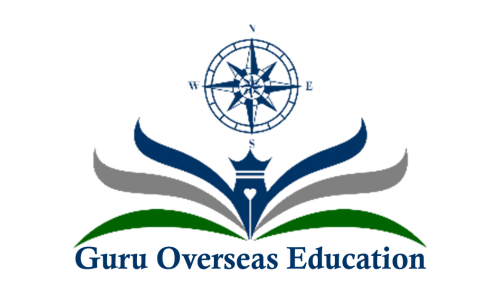Canada is an excellent destination for international students, including those from Africa, due to its high-quality education system, diverse culture, and welcoming environment. Many Canadian universities are known for having high acceptance rates for international students and simplified admission processes. Here are some of the best Canadian universities that are known for their high rates of admission for international students, including those from Africa:
Reasons to Study in Canada
Globally Recognized Education – Canadian universities uphold high academic standards and offer exceptional research opportunities.
Cost-Effective Learning – Tuition fees in Canada are more affordable compared to other leading study destinations, ensuring great value for students.
Career Advancement – Canada’s post-graduation work permits allow students to gain hands-on experience and build their careers.
Pathway to Residency – Many international students benefit from immigration programs that offer a clear route to permanent residency.
Diverse & Inclusive Culture – With its rich multicultural environment, Canada fosters cross-cultural connections and global networking.
Safety & Stability – Consistently ranked among the world’s safest countries, Canada provides a secure and welcoming space for students.
Innovation & Research – Canadian institutions emphasize cutting-edge research, particularly in technology, healthcare, and environmental studies.
Bilingual Advantage – Studying in Canada enhances both English and French language skills, increasing global career prospects.
800K+
International Students
87%
Employability Rate
100
Universities
10K+
Scholarships
3 Years
Work Visa
80%
Visa Approval Rate
An Overview of Canada’s Comprehensive Education System
Canada offers high-quality, flexible education programs that are globally recognized. Its universities emphasize research and practical learning, while colleges provide industry-focused training. International students benefit from a welcoming, inclusive environment and ample post-study opportunities, making Canada a leading destination for higher education.
1. Undergraduate Programs
Typically take 3–4 years, with a mix of core and elective courses, offering flexibility and a broad academic foundation.
2. Graduate Programs
Master’s programs usually last 1–2 years, while doctoral programs may take 3–5 years, focusing on advanced research.
3. Colleges and Polytechnics
Provide vocational and technical training programs that are industry-focused, often leading directly to employment.
4. Quality Assurance
Canadian institutions are regulated by provincial governments, ensuring high standards and international recognition of qualifications.
TOP UNIVERSITIES
Tuition fees in Canada vary by program and institution, ranging from CAD 15,000 to CAD 30,000 per year for undergraduate programs. Graduate programs typically cost between CAD 10,000 and CAD 25,000 annually, with specialized programs like MBAs and medicine being more expensive.
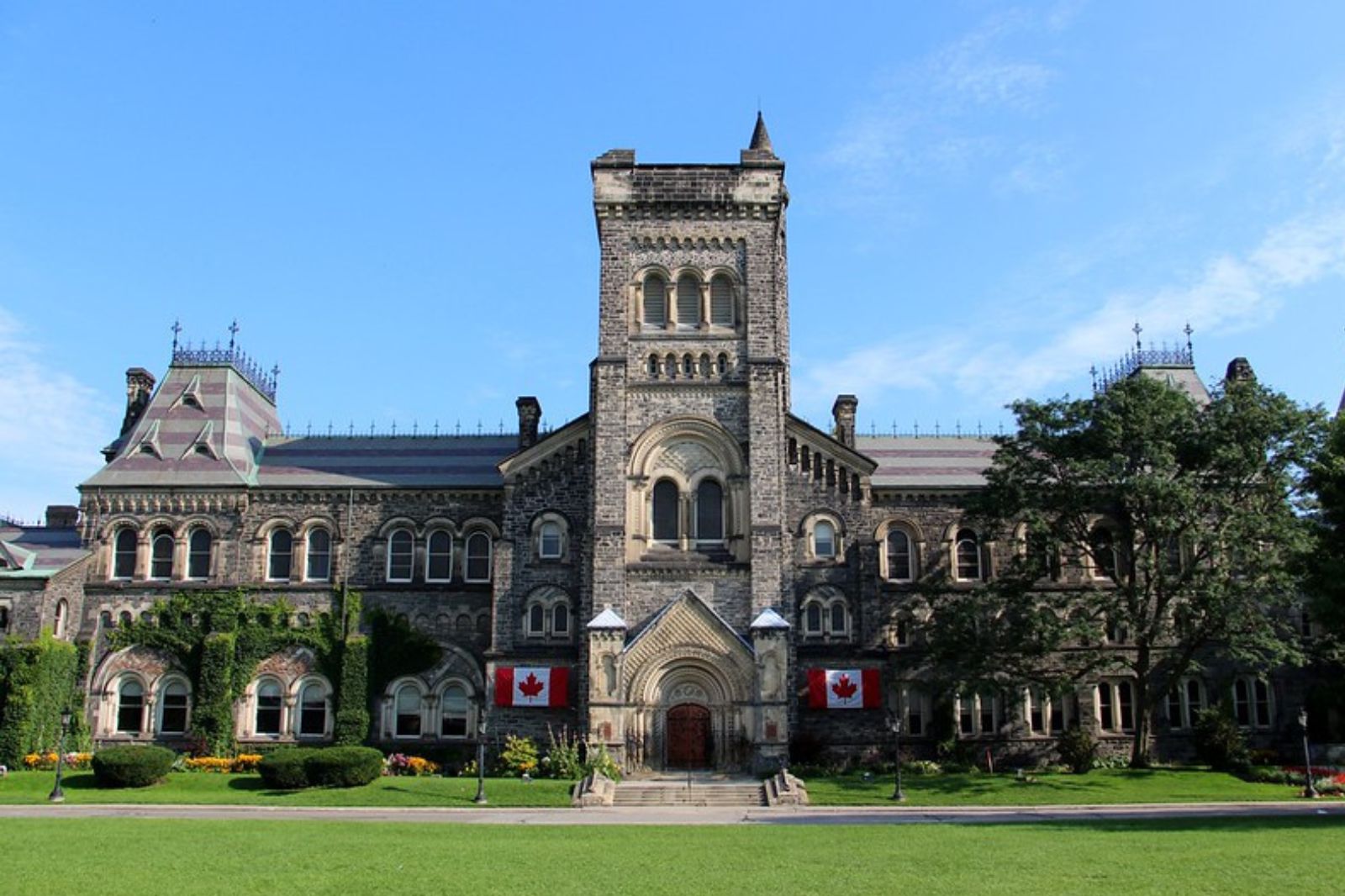
University of Toronto
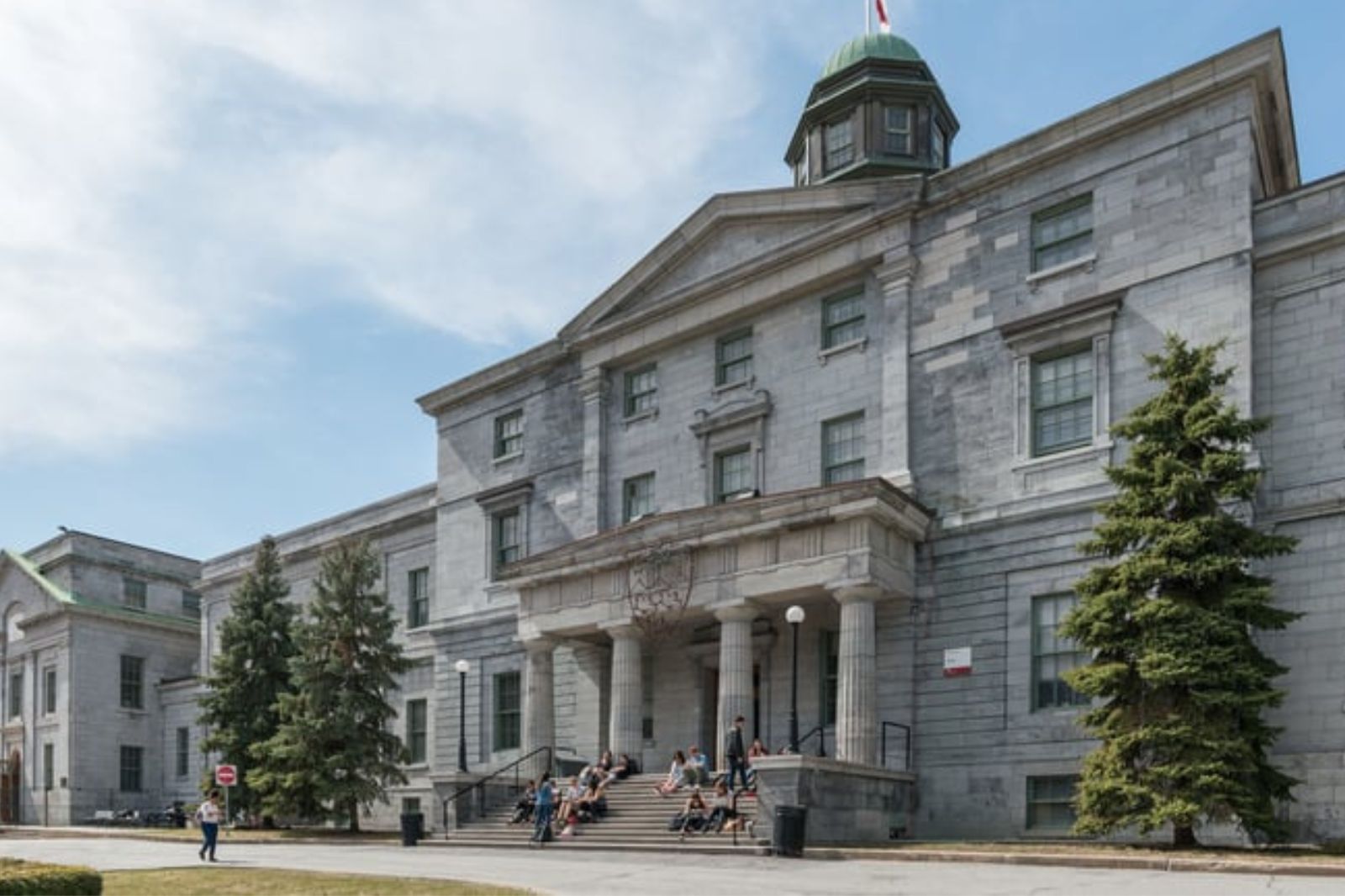
McGill University
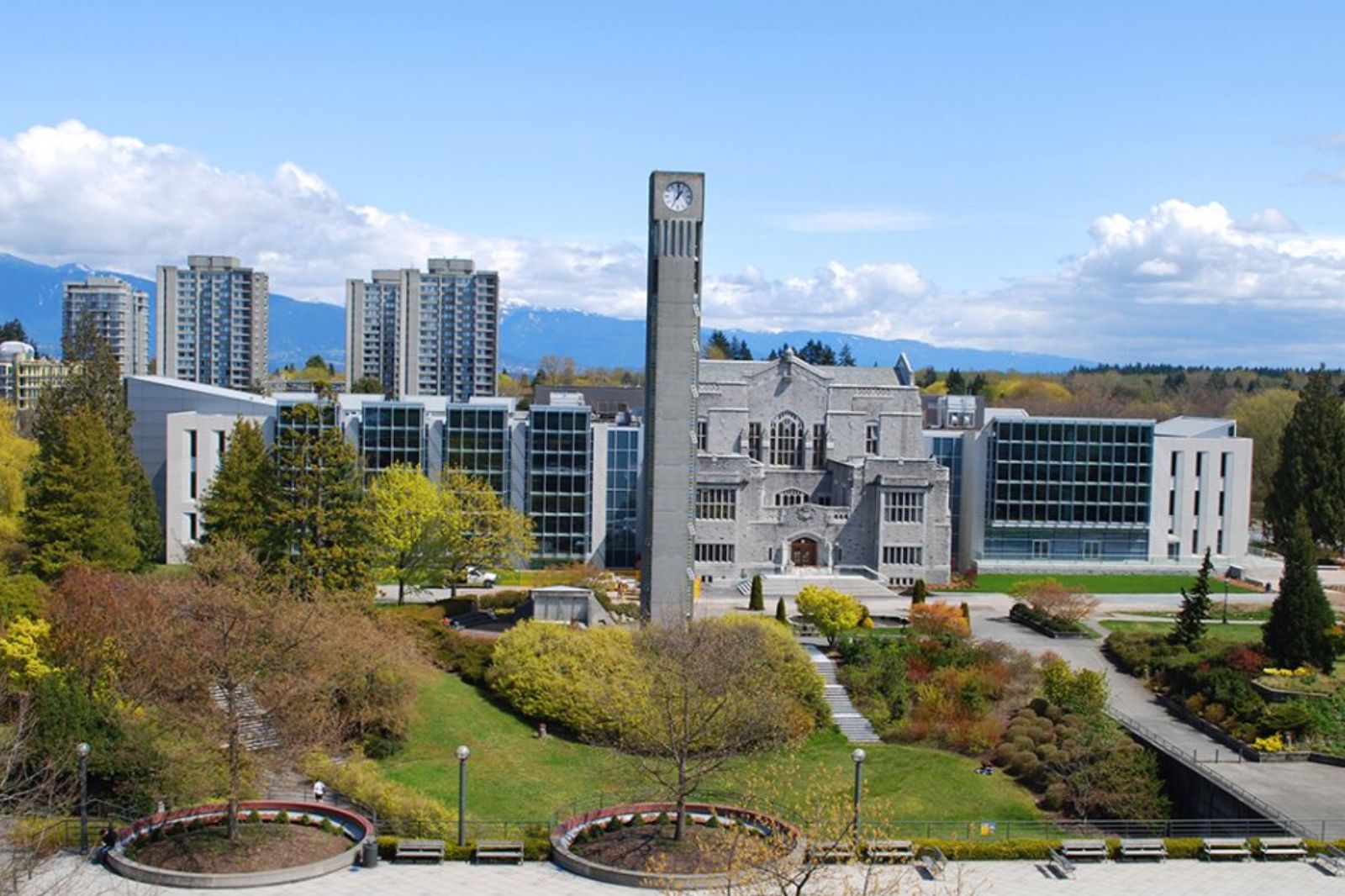
University of British Columbia
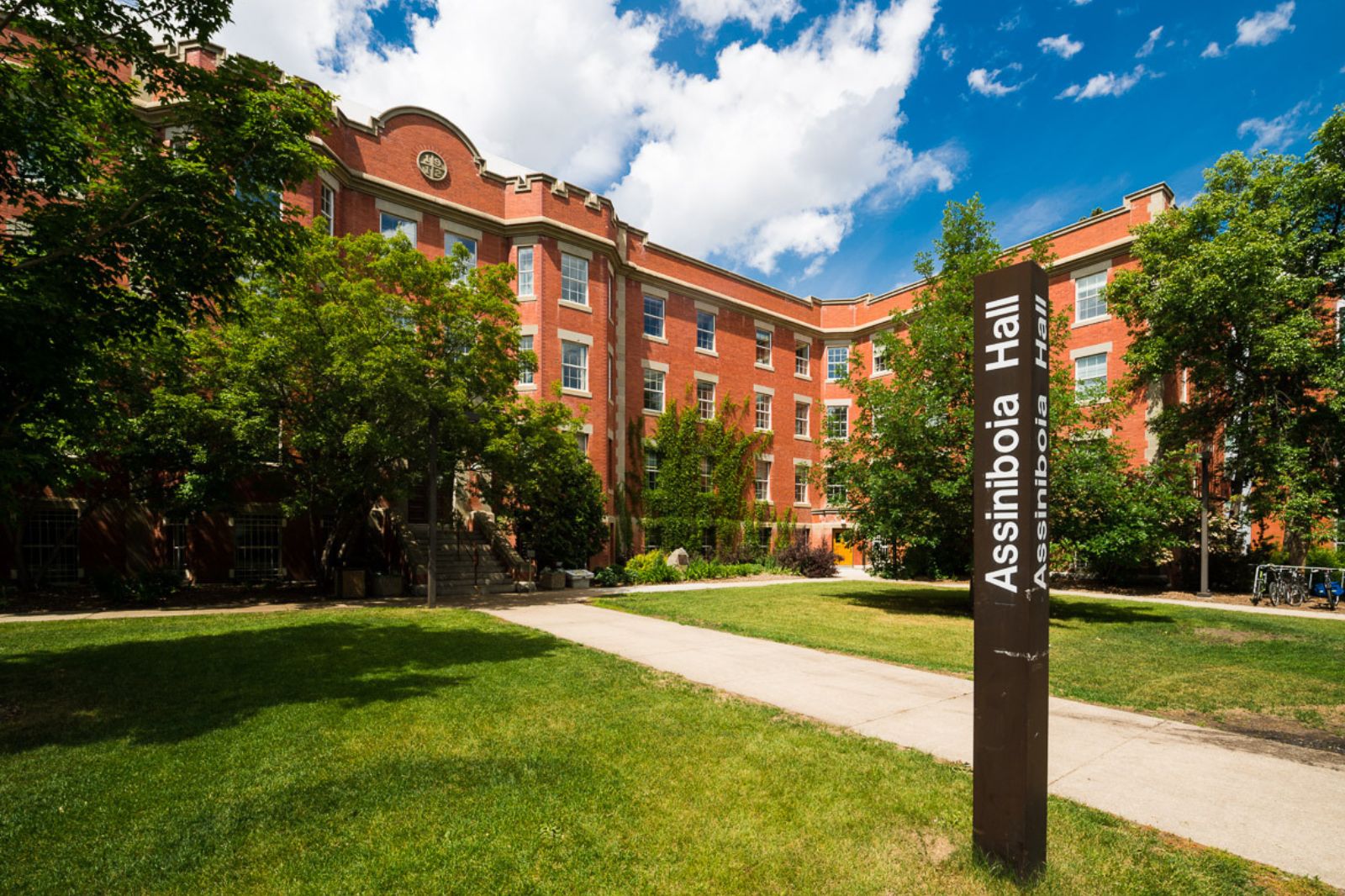
University of Alberta
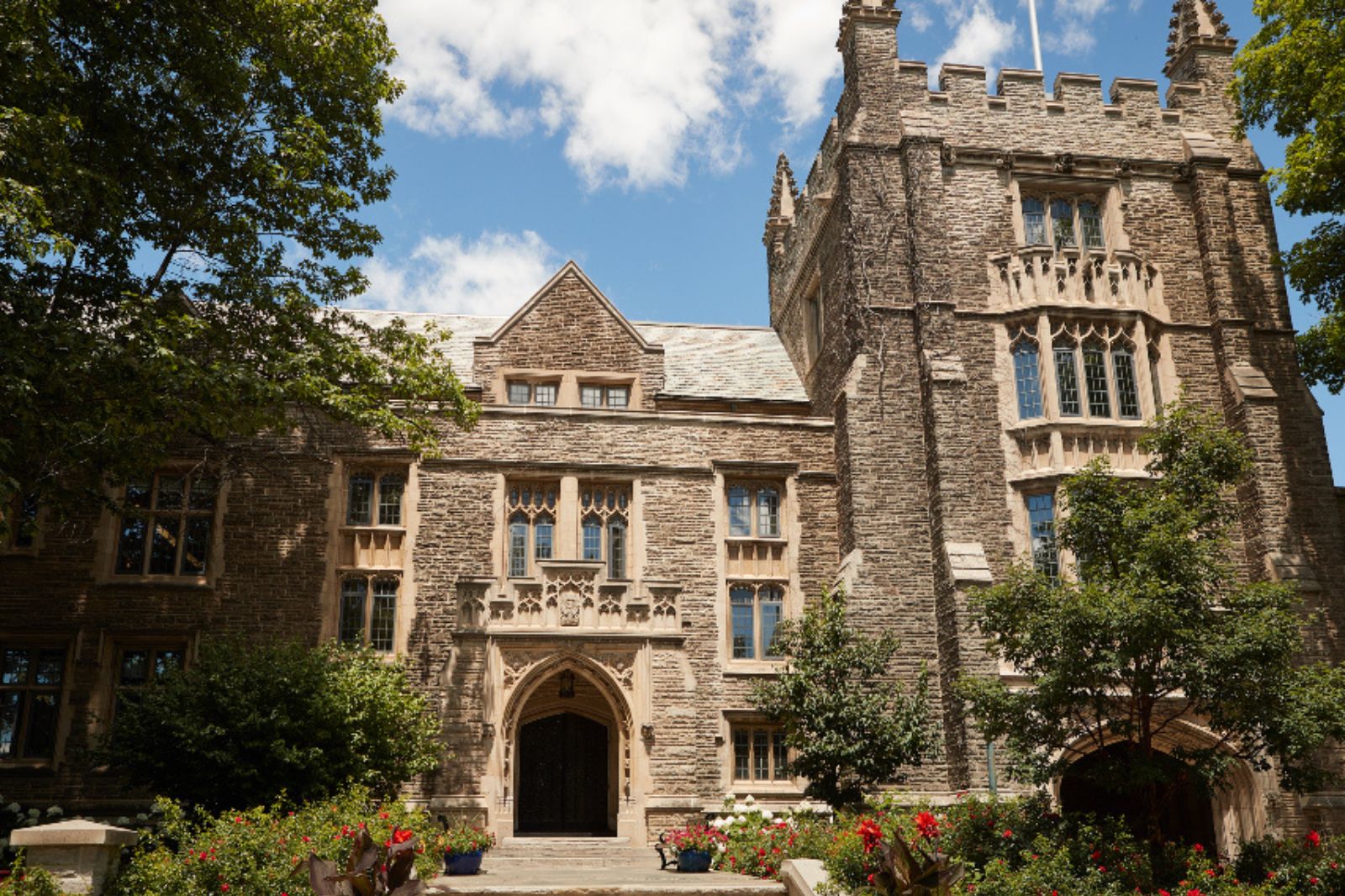
McMaster University
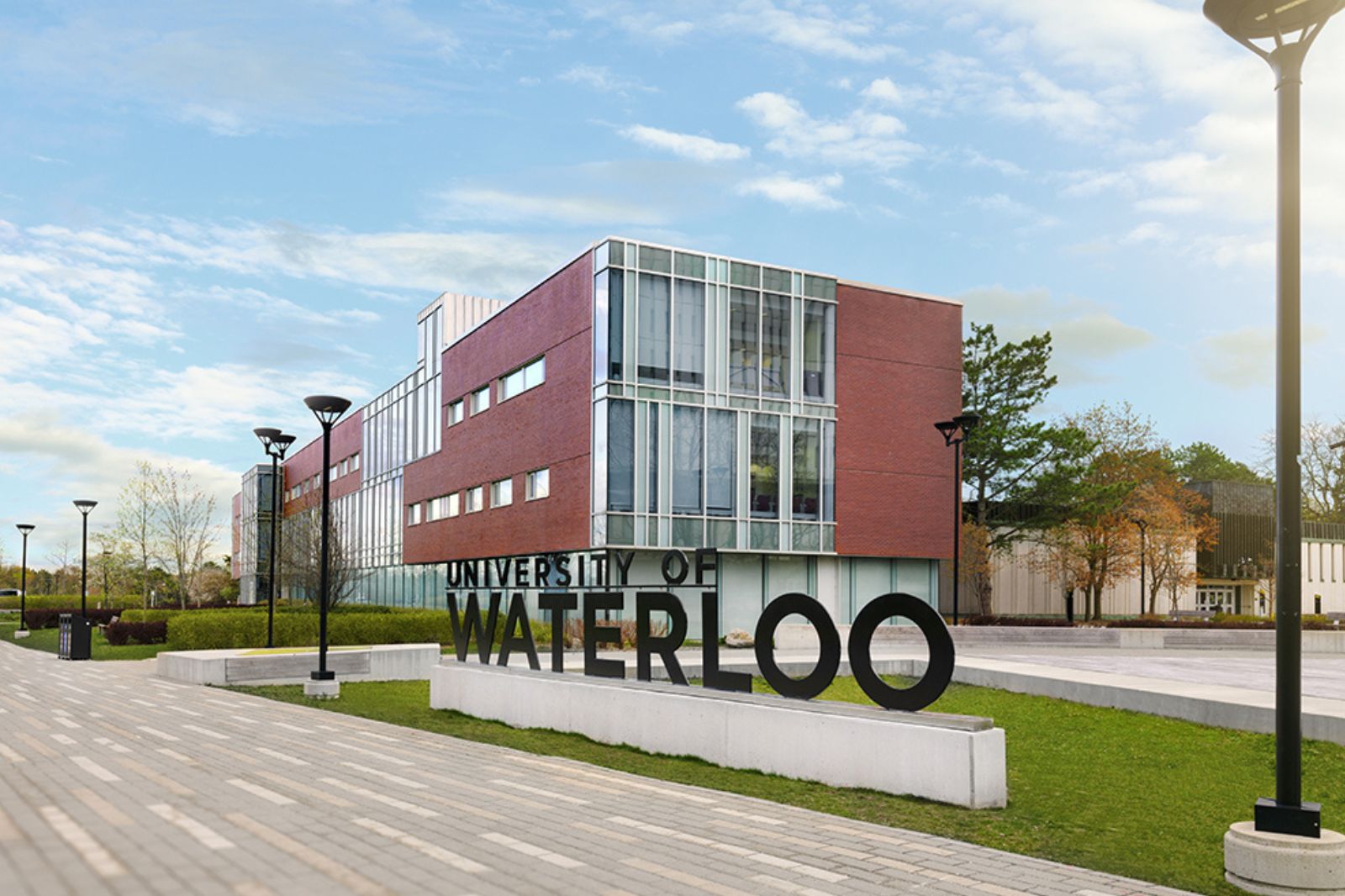
University of Waterloo
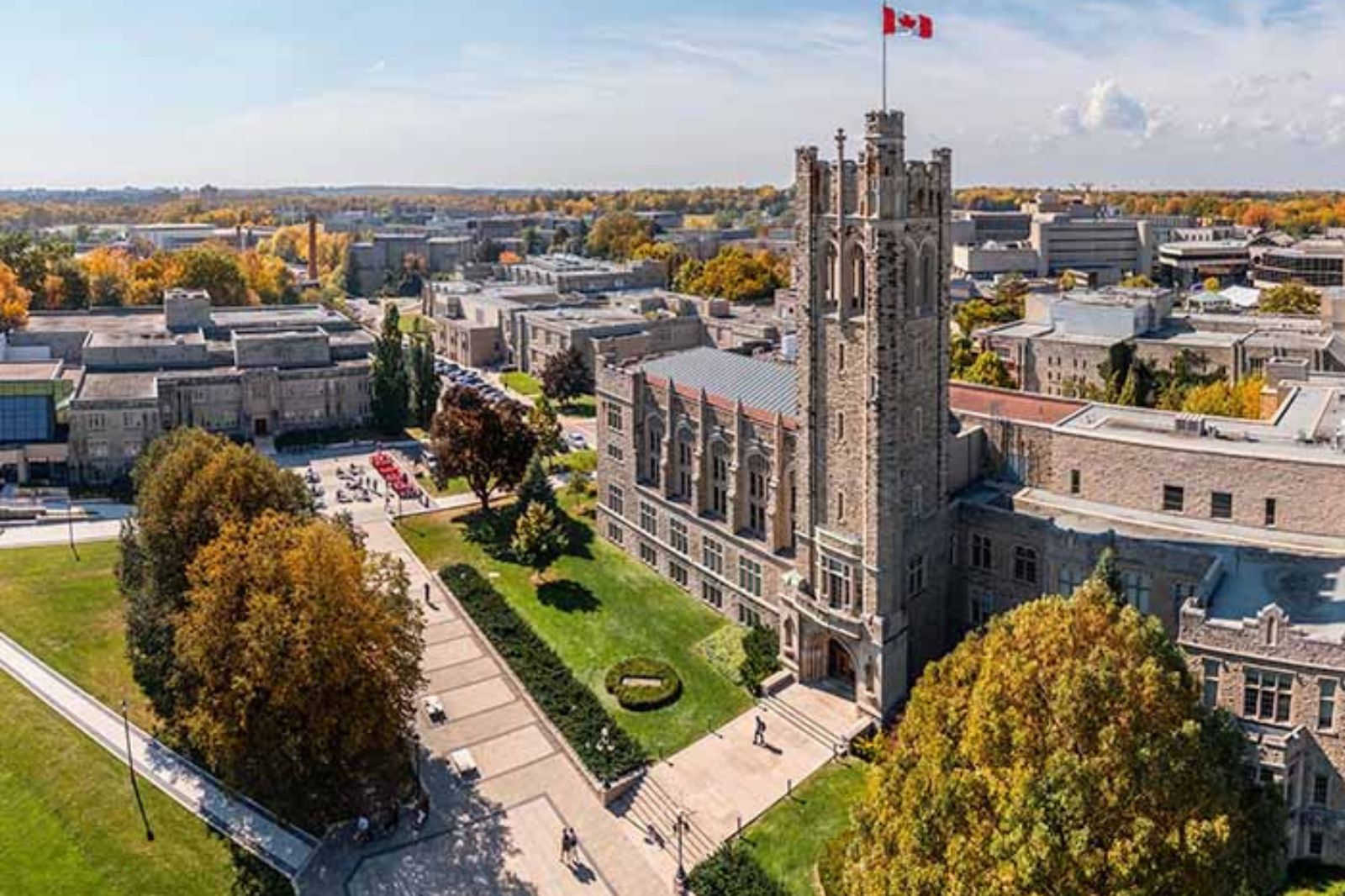
Western University
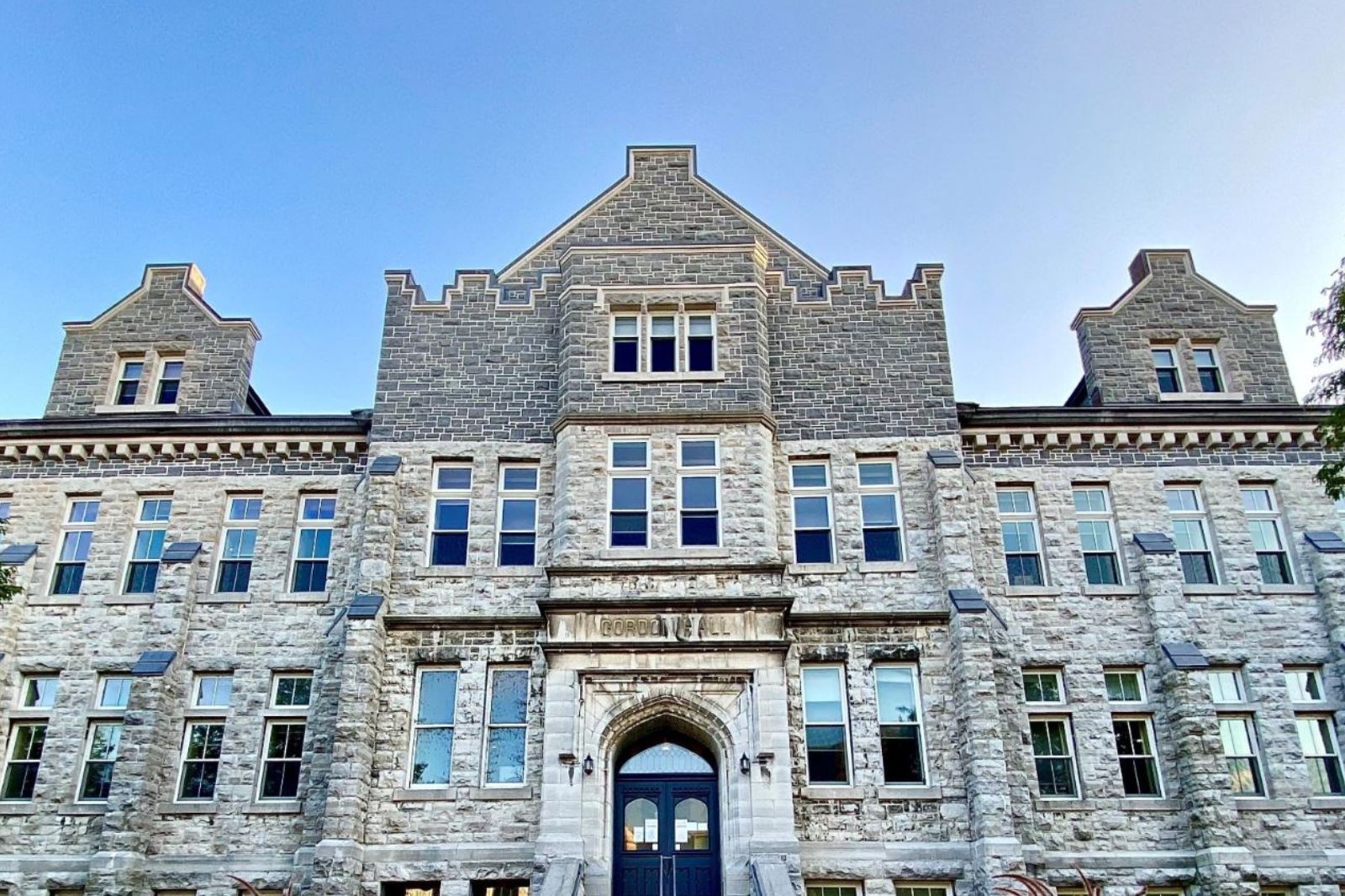
Queen's University

University of Calgary
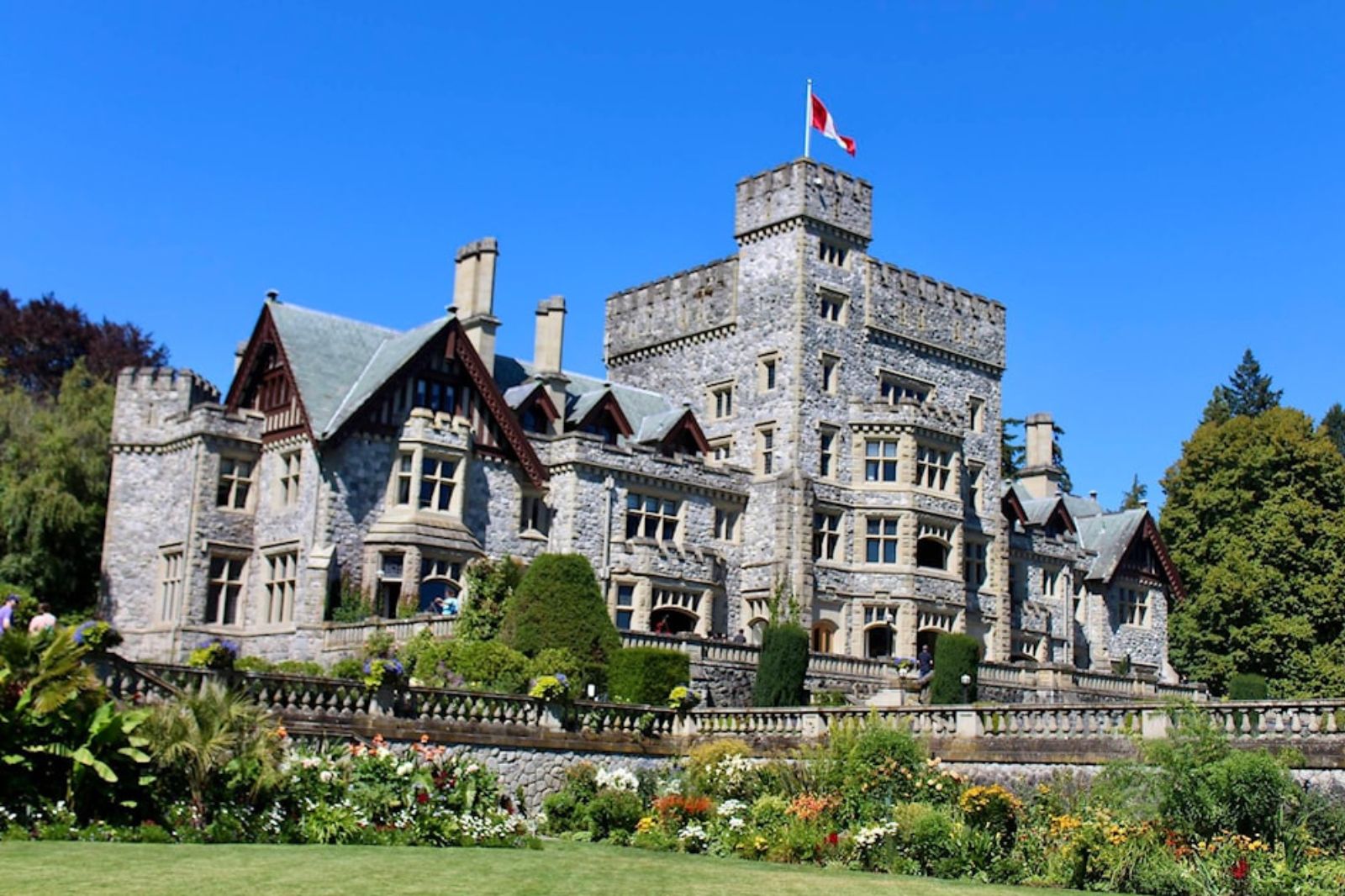
Royal Roads University

Thompson River University

Simon Fraser University

University of Canada West

University of Manitoba

George Brown College
Study in Canadian Universities
These programs are designed to equip students with practical skills, theoretical knowledge, and global perspectives.
Business Management
Covers fields like accounting, marketing, and entrepreneurship, preparing students for roles in global business environments.
Engineering and Technology
Offers specializations such as civil, electrical, and software engineering, focusing on innovation and real-world applications.
Health and Medicine
Includes nursing, public health, and medicine, providing top-notch facilities for clinical training and research.
Arts and Humanities
Encompasses history, literature, and creative arts, fostering critical thinking and cultural understanding.
Social Sciences
Explores psychology, sociology, and political science, addressing societal challenges and global issues.
Information Technology
Focuses on data science, AI, and cybersecurity, equipping students for careers in the tech-driven economy.
Natural Sciences
Covers biology, physics, and environmental sciences, emphasizing research and problem-solving in scientific fields.
Law and Legal Studies
Specializes in corporate, international, and human rights law, preparing students for diverse legal careers.
Education and Teaching
Focuses on early childhood, primary, and secondary education, training future educators.
Agriculture and Environmental Sciences
Addresses sustainable farming, forestry, and climate challenges, blending theory and practice.
Architecture and Design
Offers urban planning, interior design, and architecture, fostering creativity and technical expertise.
Media and Communication
Includes journalism, PR, and digital media, preparing students for dynamic communication roles.
Cultural and Social Life
Canada’s multicultural society ensures Tanzanian students feel welcomed and supported. With numerous cultural events, student organizations, and a vibrant social scene, students can connect with their roots while exploring new experiences. The country’s outdoor activities and cosmopolitan cities offer a balance between nature and urban living.
Estimated Monthly Living Expenses
The cost of living in Canada varies depending on the city and lifestyle. Major expenses include accommodation, food, transportation, and health insurance. Students can manage costs through budgeting and by taking advantage of student discounts and part-time work opportunities. depending on the city and lifestyle. Major cities like Sydney and Melbourne are more expensive, while smaller cities or regional areas tend to be more affordable.
$ 700+
Accomodation
$ 400+
Food and Groceries
$ 150
Transport
$ 100+
Utilities
$ 60+
Student Health Cover
$ 280+
Other Expenses

Frequently Asked Questions
To study abroad, you typically need a valid passport, academic transcripts, an admission letter, proof of English proficiency (e.g., IELTS, TOEFL), and financial evidence to support tuition and living expenses.
Guru Overseas Education guides students through the entire study abroad process, including university selection, application submission, visa assistance, and pre-departure preparations for their chosen destination.
Yes, many universities abroad offer scholarships based on merit or financial need. Guru Overseas Education provides guidance on finding and applying for these opportunities. Additionally, we offer short-term financial support options to assist students in covering initial expenses.
Yes, international students are generally allowed to work part-time, usually up to 20 hours per week during academic terms and full-time during breaks, depending on the regulations of the country where they are studying.

Get Best Universities and Colleges
Guru Overseas Education is your trusted gateway to international education, empowering Tanzanian students to explore world-class learning opportunities, broaden their horizons, and transform their future through professional guidance and comprehensive support across 20+ global destinations.

